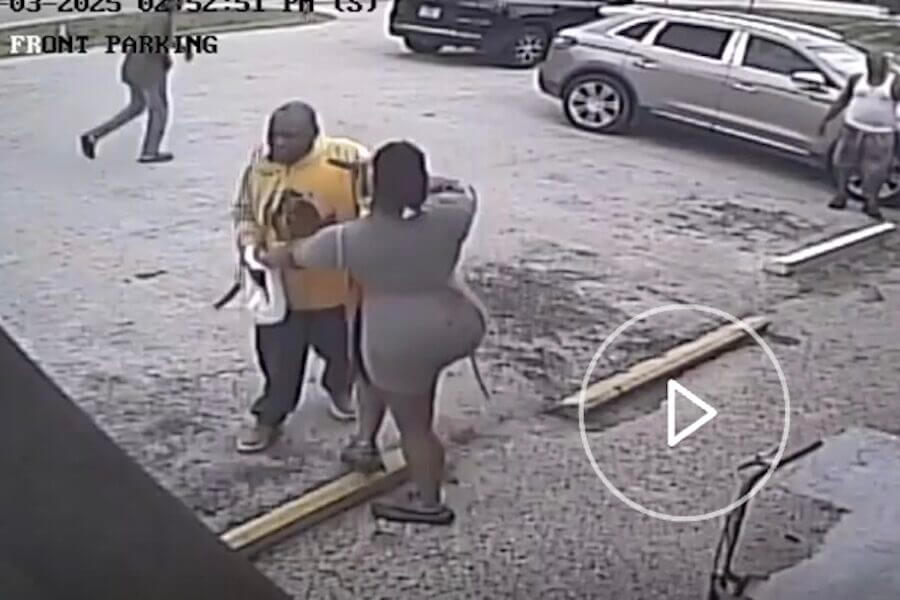The right to defend yourself is guaranteed. Protecting your freedom afterward isn’t.Discover how USCCA Members are backed with resources, training, and trusted legal protection. Click here to get started today.
When a man walked into a Florida convenience store waving a gun and yelling he wanted to kill someone, theory and punditry melted away. The choice became stark and simple: act or freeze. A woman working behind the counter chose to act.
The incident unfolded at the Wabasso Food Mart in Indian River County. Deputies say the suspect, identified as Calvert Allen, pulled a gun outside the store and began waving it. A witness called 911 saying the man told people to get out and that “he want[ed] to kill somebody.”
According to the sheriff’s office report and local coverage, an employee inside the store recognized Allen. She walked up to him, grabbed his shirt and pants, and pulled him outside.
She then produced her own firearm and ordered him to drop his gun. When he refused, she fired two rounds into the air to “scare him.” Deputies arrived, took Allen into custody, and no one was physically harmed.
The obvious takeaway is messy. Legally, warning shots are dangerous territory. As Colion Noir points out in his breakdown, many jurisdictions treat warning shots the same as firing at someone. A bullet fired skyward must come down somewhere. It can damage property or injure an innocent person.
The law often expects that if you are justified in shooting, your shot should be intended to stop the threat — not merely scare it away.
That said, human instincts don’t always line up cleanly with legal doctrine. Noir stresses that this woman did not shoot from ego or showmanship. She acted from desperation and, he argues, compassion.
She tried to stop a violent threat without taking a life. People who knew the suspect say he was suffering personal problems. Witnesses and neighbors told reporters they were thankful no one was hurt.
Florida’s legal landscape adds another practical wrinkle. After the Marissa Alexander case, Florida lawmakers passed a 2014 law giving judges more discretion in cases involving warning shots used in self-defense. That history makes Florida a more favorable forum, at least politically, for someone who fires warning shots under extreme stress.
Still, firing into the air remains a gamble. Prosecutors can and do treat such shots as criminal uses of a firearm in many instances.
Beyond the legal calculus, this event highlights two simple facts. First, violence can escalate in seconds. Second, ordinary people — not just cops or students of force — sometimes face those seconds.
The clerk didn’t freeze. She stepped toward danger, engaged the suspect physically, and used her firearm to end the immediate threat. That alone is praiseworthy, but it also warrants a sober discussion.
If you carry for defense, know the law where you live. Train beyond target hits. Practice decision-making under pressure. The technical skill to use a gun means little if you don’t also know when the law allows you to pull the trigger.
Colion’s final point lands where many of us rest uneasy. Compassion and the desire to preserve life motivate many defensive shooters. But good intentions don’t replace legal risk. If you’re going to carry, prepare for both.
*** Buy and Sell on GunsAmerica! ***
Read the full article here





